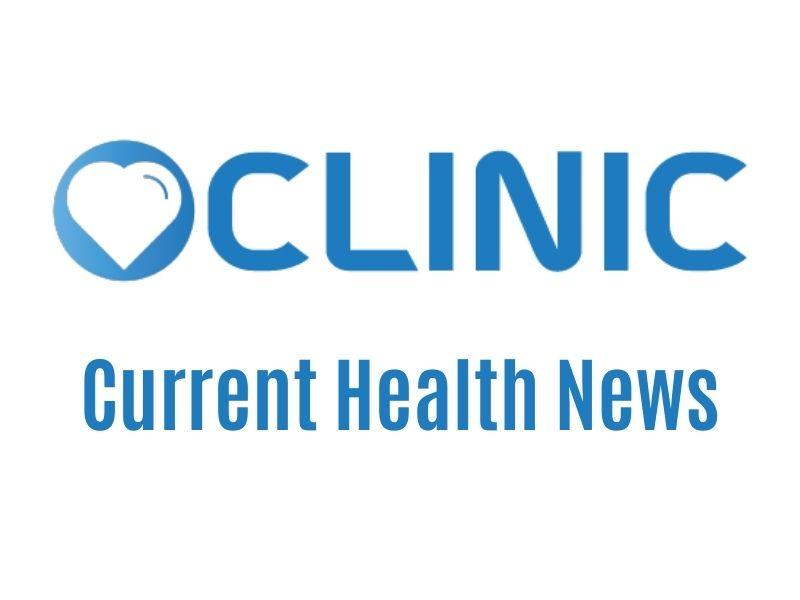Much more important than making the patient feel bad visually, obesity can cause serious damage to health and thus the quality of life decreases gradually.
Diseases that increase the risk of developing with obesity
The chance of diabetes (type ll) to be seen in obese people is 2 times higher than in normal people.
Diseases of the gallbladder
Osteoarthritis (degeneration of cartilage and bones).
Sleep apnea
Asthma
Cancer (womb, colon, kidney, gallbladder, and post-menopausal breast cancer in women) and men (colon, rectum, and prostate cancer)
Pregnancy Complications,
Periodic irregularities,
Hirsutism (excessive hair growth on body and face area)
Incontinence (stress incontinence)
Increased risk of surgery,
Psychological problems (pnsycosocial)
Cardiovascular diseases and premature death.
Who do we call overweight?
Body Weight Index
(Body Mass Index): By calculating and comparing it with normal limits, we can understand whether we are overweight or obese.
Let’s take a look at these numbers;
Slim <18
Normal =18-24(between)
Overweight =24-30(between)
І .degree Obese 30-40
II.degree Obese >40
Waist circumference measurement
The risk of cardiovascular diseases increases in people who are above normal;
Women
Normal <80 cm
Risky = 80-88 cm
High Risk >88
Men
Normal < 94 cm
Risky = between 90 -102 cm
High Risk > 102 cm
Childhood Obesity
The number of obese children is increasing every year. Change in lifestyle In other words, the diet they eat and the decrease in physical activity are the two most important factors. An obese child carries 44 times more cardiovascular risk factors (ie obesity is not innocent even in childhood). In fact, the cause of this obesity epidemic is due to various factors. Some of them are; The fact that the food industry produces high-calorie foods (fast food), an increase in the rate of working mothers, a decrease in home cooking and less care for children, the advancement of technology and apartment life, computers, mobile phones, bipods, etc.) have led to a significant decrease in physical activity.
Why obesity in children is important
· The child’s self-confidence decreases, his own body image may make him slightly depressed. This affects the behavior pattern and different problems may arise. School performances may decline. 75% of overweight children (8/15 years old) become obese adults. The risk of diabetes, heart and circulatory system diseases in overweight children increases with age. Sleep apnea is more common in overweight children.
Which Child We Call Obese
(BMI) Body Mass Index is an indicator of the body’s fat ratio. It is evaluated according to normal standards in different age ranges by dividing the weight (kg) figure by the square of the height (mxm).
BMI in 1-2 years age group = 19
BMI in 2-6 age group = 18
BMI in 6-10 age group = 18-21
In the 10-18 age group, BMI between 21-26′ is considered normal and above 26 obesity.
Can Laser Needle also be used in childhood obesity?
As in the treatment of adult obesity, it is possible to benefit from all the benefits of Laser Acupuncture (controlling the feeling of hunger, recovery of the stomach and especially the control of sweet and chocolate liking) in the treatment of overweight children, only in order not to affect the growth rate of children, age and age of the child. According to the target height and weight, the calorie to be taken daily should be determined and a diet list should be prepared. Since children are in the developmental period, the calorie balance should be determined very well, because if very low calorie diets are applied, weight loss will accelerate, but growth rate (height growth) may also be negatively affected. Mainly in this diet, weight is given to protein foods and excessive carbohydrate consumption is avoided.
If weight loss is aimed with acupuncture, the age of the child being 11-12 years old and above will increase the success rate. Even if younger children are generally overweight, they cannot take the situation seriously enough and cannot follow the recommended recommendations. In most of them, outward appearance and modeling begin to be important and the child psychologically has less difficulty in doing his/her duties during the treatment process.
A positive patient-doctor relationship in children aged 12-18 can play a very important role in the motivation, adherence to diet and long-term continuity of young people at this age.

